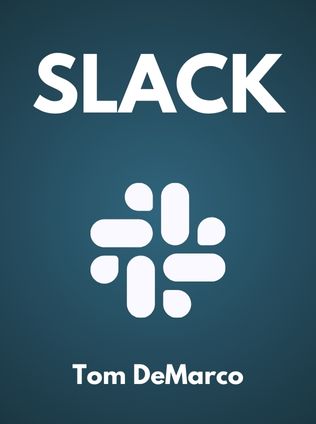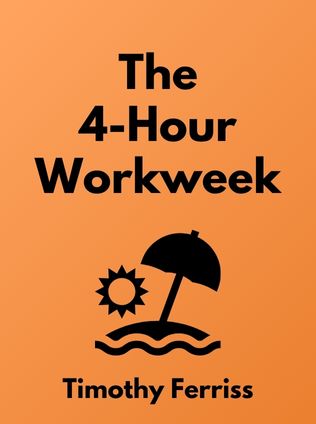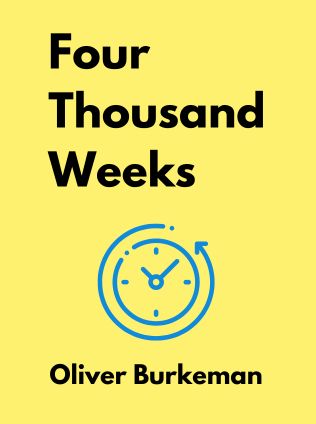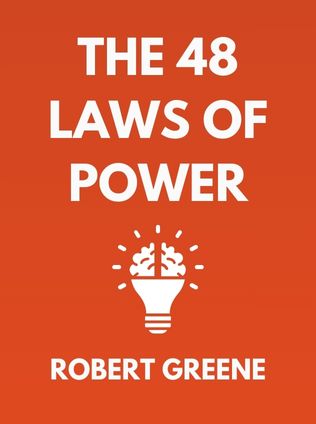
Slack
Getting Past Burnout, Busywork, and the Myth of Total Efficiency
By Tom DeMarco
Published 04/2002
About the Author
Tom DeMarco is a principal of the Atlantic Systems Guild, a New York- and London-based consulting practice. He has extensive experience in software development and project management. DeMarco has authored several influential books on management and organizational effectiveness, with a focus on the dynamics of work in modern organizations. His works are known for their practical insights and focus on the human aspects of work, making them valuable resources for managers and leaders in various industries.
Main Idea
Slack: Getting Past Burnout, Busywork, and the Myth of Total Efficiency by Tom DeMarco explores the detrimental effects of an overemphasis on efficiency in modern organizations. DeMarco argues that to foster innovation and adaptability, organizations must embrace "slack"—the time and resources that allow employees to think creatively and recover from the pressures of constant work. The book emphasizes the importance of balancing efficiency with effectiveness to create a healthy, productive work environment.
Table of Contents
- Introduction
- What’s Wrong with Efficiency?
- Knowledge Workers Need Control Slack
- What Human Capital Is Worth
- The True Cost of Stress and Healthy Internal Competition
- A Word About Litigation
- Management Models to Avoid
- The Role of Slack in Change and Growth
- Getting Comfortable with Risk
Introduction
The modern workplace is often characterized by a relentless pursuit of efficiency, leading to burnout and diminished effectiveness. DeMarco challenges the notion that total efficiency is the hallmark of a successful organization, proposing instead that allowing for slack is crucial for fostering innovation and maintaining employee well-being. He introduces the concept of "slack" as the antidote to the "Hurry Up" organization, where constant busyness undermines long-term success.
What’s Wrong with Efficiency?
Efficiency has long been heralded as the key to organizational success. However, DeMarco points out that this obsession with efficiency can be detrimental, especially for knowledge workers. In a typical day, employees are expected to switch tasks frequently, leading to a significant "task-switching penalty." This penalty is the time lost when employees switch from one task to another, disrupting their immersion and conceptualizing phases. Unlike fungible resources, such as money, human resources lose value when overburdened with constant task-switching.
"Forcing knowledge workers to conform to an overly efficient workflow system is detrimental to their effectiveness." - Tom DeMarco
Knowledge workers operate differently from traditional factory workers. Their productivity depends on their ability to immerse themselves in tasks and conceptualize new ideas. Task-switching disrupts these processes, leading to reduced effectiveness and creativity. DeMarco illustrates this with the example of a graphic artist who, after a downsizing effort, is burdened with multiple projects. Each task switch incurs a penalty, resulting in lost time and diminished creativity.
Sign up for FREE and get access to 1,400+ books summaries.
You May Also Like
The Life-Changing Magic of Tidying Up
The Japanese Art of Decluttering and Organizing
By Marie KondoThe Lean Startup
How Today's Entrepreneurs Use Continuous Innovation to Create Radically Successful Businesses
By Eric RiesWho Moved My Cheese?
An Amazing Way to Deal with Change in Your Work and in Your Life
By Spencer Johnson, M.D.Make Your Bed
Little Things That Can Change Your Life...And Maybe the World
By William H. McRaven



















